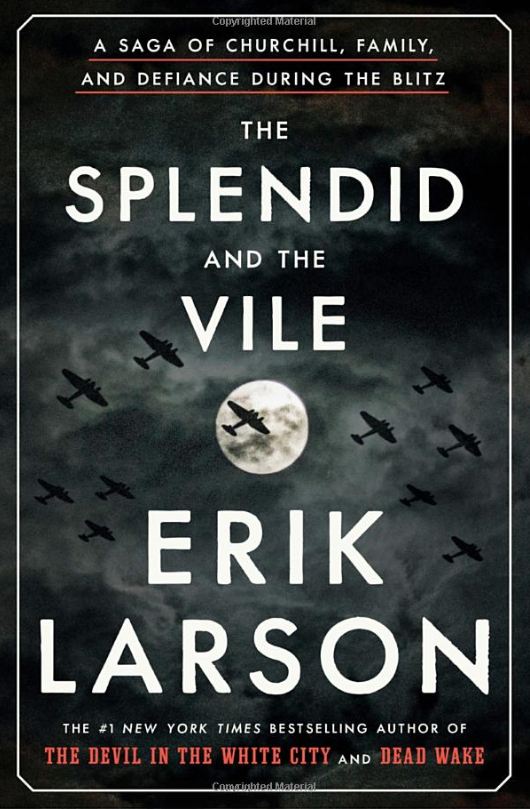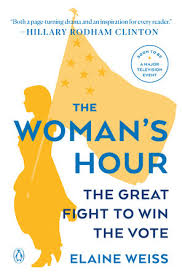Maggie O’Farrell
Alfred A. Knopf

|
Mary inhales, shutting her eyes for a moment, as if mustering the final shreds of her patience. “Agnes,” she says, opening her eyes and fixing them on her son, “is with child. Says it’s yours.” He gives a nod and a shrug, all at the same time, eyeing the broad back of his father, who looms behind his mother, still facing the street… “Is it?” his mother says, her face white, stretched. “Is it what?” … “Yours.” “Is what mine?” … Mary presses her lips together. “Did you put it there?” “Did I put what where?”
from Hamnet |












